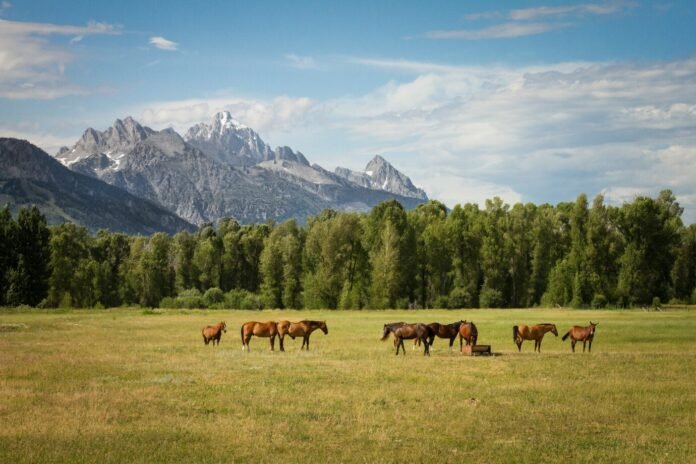Early Roots in the Wild Frontier
John Mace Montana was born into a world where dust clung to your boots and survival was earned with grit. Raised on the fringes of the Montana frontier, his childhood was shaped by the relentless winds of the Great Plains and the echoes of a land still wild with promise and peril. His family, descendants of trappers and homesteaders, instilled in him an unwavering respect for the land and a hardened sense of independence. From an early age, John learned to ride, shoot, and track—skills that would later define not just his livelihood, but his legacy. His connection to the landscape ran deeper than blood—it was a relationship built on silence, challenge, and reverence for the unforgiving terrain that had raised generations of Montanas before him.
A Lone Rider with a Relentless Code
As he grew, John carved a name for himself not with loud declarations or boasts, but with quiet resolve and a strict moral compass. He became known in the region as a man who didn’t flinch in the face of injustice. Whether it was cattle rustlers threatening a neighbor’s herd or a crooked lawman shaking down settlers, John stood his ground—his revolver often his final word. But he wasn’t a gunslinger for hire. He had rules, and he lived by them. The stories whispered about him in saloons and around campfires weren’t tales of violence for glory, but of a man who walked into darkness only when duty called, and who always walked back out—saddled in silence, dust trailing behind him like a ghost.
The Turning Point in the Black Hills
It was in the Black Hills that John Mace Montana faced his greatest test. Rumors had spread of a mining outfit enslaving local workers under brutal conditions, protected by mercenaries with no regard for law or life. John rode in alone, drawn not by vengeance or coin, but by the weight of conscience. What followed was not a single battle, but a long campaign of strategy, sacrifice, and grit. He united oppressed workers, outsmarted the mercenaries, and dismantled the mining cartel from within. It cost him dearly—he carried scars from that fight for the rest of his days—but in doing so, he solidified his reputation not just as a gunslinger or a renegade, but as a man of the people. The Black Hills became a symbol of rebellion, and John, its reluctant hero.
Legacy Etched in Dust and Silence
When John Mace Montana disappeared from the public eye, many believed he had died somewhere in the high country, returning to the land that had shaped him. Others claimed he took to the railroads, wandering town to town, continuing his quiet war against injustice in places forgotten by progress. Regardless of the truth, his legend grew. His name was etched into trail markers, carved into saloon doors, and remembered in stories passed down like sacred folklore. John never sought fame, but he found something more lasting—respect. In the hearts of those who knew the weight of his name, he wasn’t a hero because he was perfect, but because he never looked away from what needed to be done. His silence spoke louder than a hundred sermons, and his legacy was forged not in glory, but in grit.


